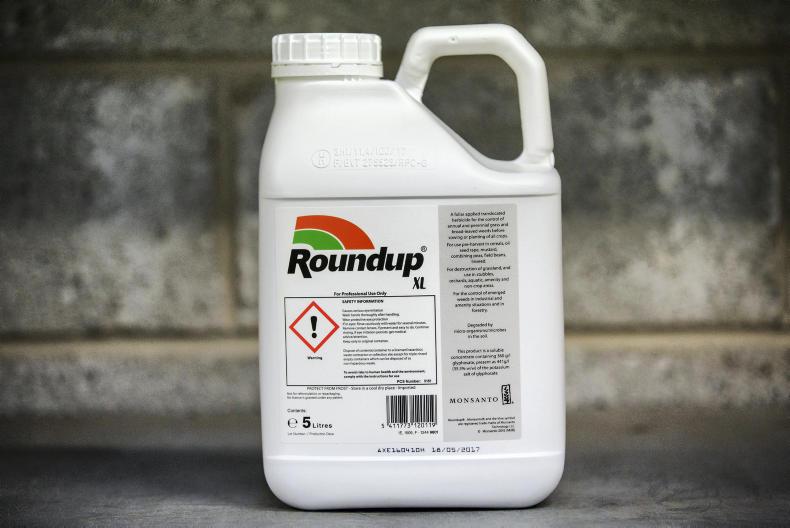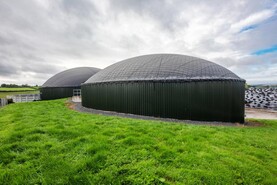The row between German ministers that followed the re-authorisation of the leading herbicide active glyphosate on Monday illustrates how much the authorisation of pesticides has moved away from a technical decision and into the mainstream political arena.

German agriculture minister Christian Schmidt, a conservative ally of Chancellor Angela Merkel, changed his country’s position at the last minute. Germany has abstained in previous votes, but supported the authorisation this time.
This was crucial in getting the decision over the line, as countries representing 65% of the EU’s population had to agree and Germany has Europe’s largest population.
Roundup, the leading brand of glyphosate weedkillers, is made by Monsanto, which is in the process of being acquired by German-based Bayer.
Environment Minister Barbara Hendricks, a Social Democrat, slammed Schmidt’s decision, saying she had directly opposed it.
Chancellor Merkel told a news conference on Tuesday that the German vote “was not in accordance with the instructions that the government had worked out” and should not happen again.
While she has recently abandoned coalition talks with the Green Party after an inconclusive September general election, she is now talking to the Social Democrats in the hope of maintaining her outgoing coalition with them.
The glyphosate spat has made those negotiations more difficult.
Poland, Romania and Bulgaria were the other countries that changed their vote from abstention to in favour, resulting in a narrow 65.71% qualified majority.
France
Meanwhile in France, glyphosate has also exposed a rift between the more pro-business and greener wings of President Emmanuel Macron’s government.
In recent months, various French ministers have successively supported an immediate ban on the chemical and a five- to seven-year re-authorisation.
Environment Minister Nicolas Hulot, a former TV presenter and environmental activist who likened glyphosate to asbestos, consistently polls as the most popular politician in the country. After abstaining earlier this year, France opposed a five-year licence in the two latest votes and President Macron’s official position is now to ban the herbicide active in his country within three years.
The glyphosate debate has now espoused traditional left-right political divides on the continent – a concept that does not apply to Ireland, but will have consequences here as decisions on chemicals and GM crops are made at EU level.
The European Commission is now keen to reform the committees tasked with making these decisions, especially to reduce the possibility for member states to abstain and return “no opinion” voting results. Changing these rules would, however, again require agreement from all countries as well the European Parliament.






 This is a subscriber-only article
This is a subscriber-only article











SHARING OPTIONS: